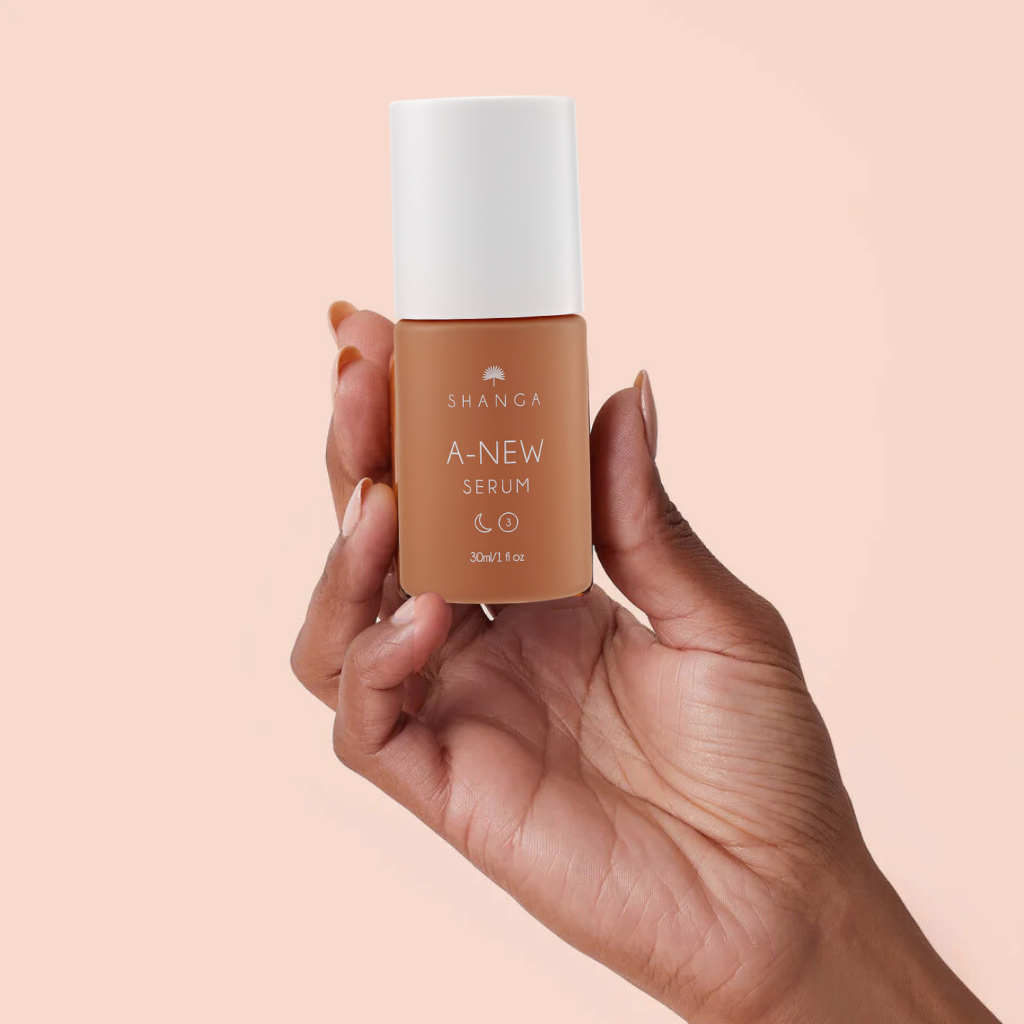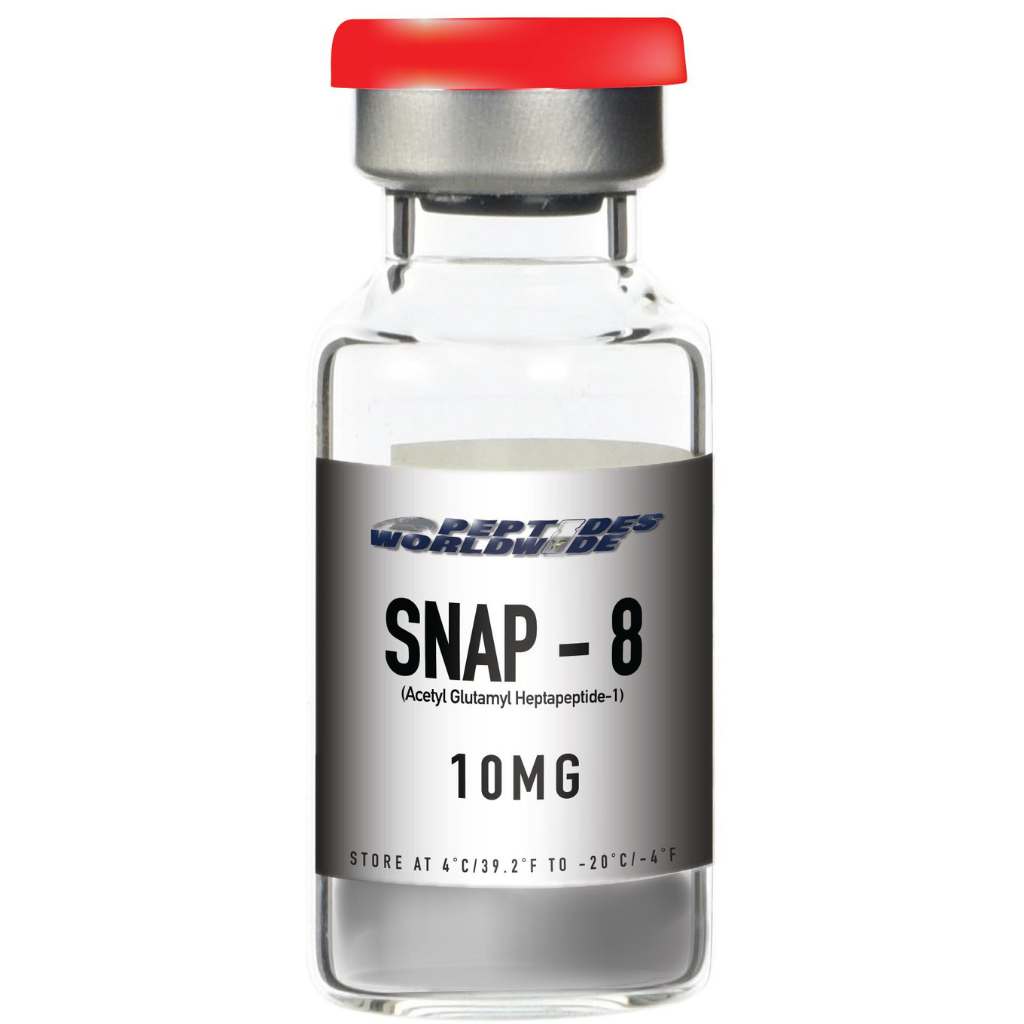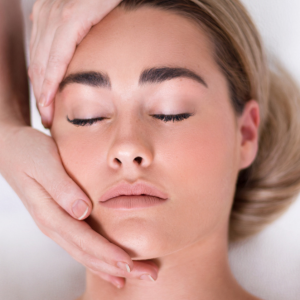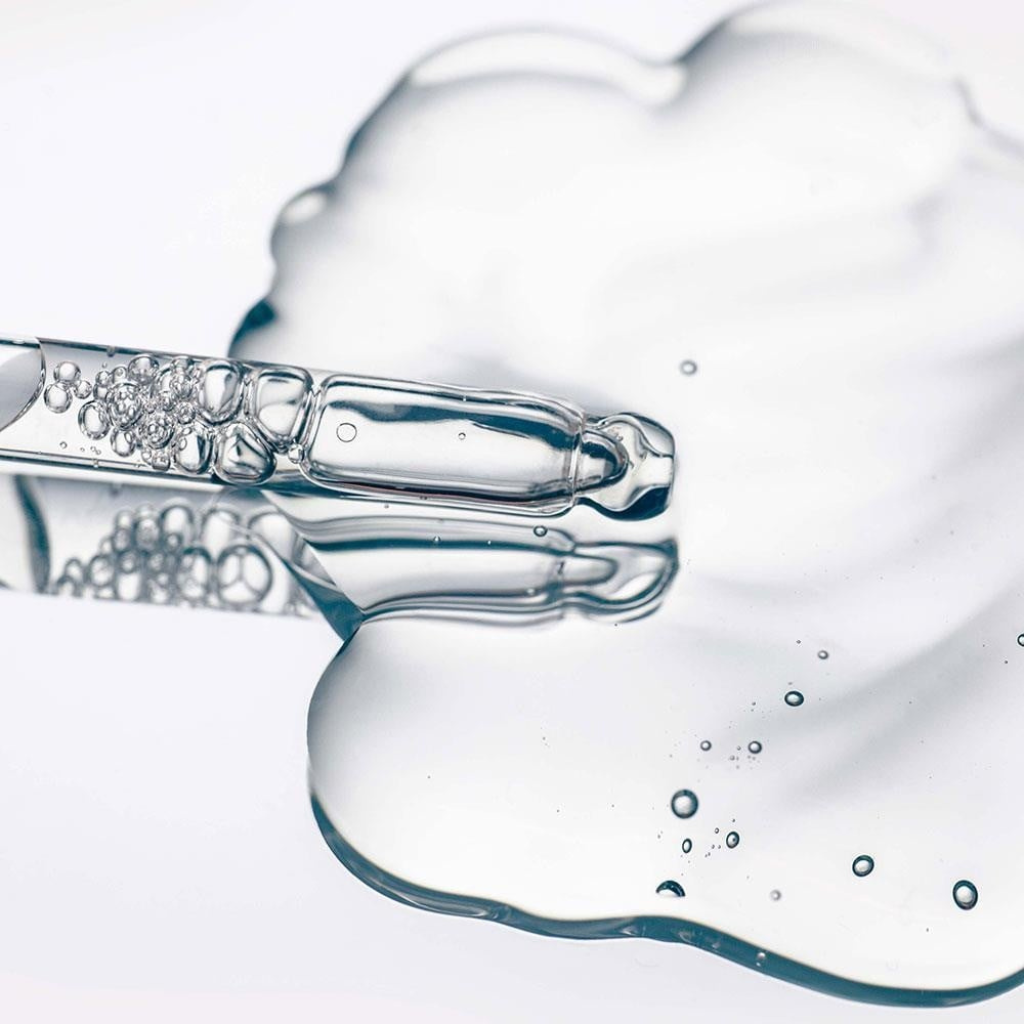Retinol - Vitamin A

Retinol is one of the most recommended and sought-after components in skin-care products, yet there’s still so much mystery surrounding this ingredient.
What exactly is this ingredient so often seen in creams and serums alongside buzzwords like “age-defying,” “anti-wrinkle” or “reparative”? Retinol is one of the main forms of vitamin A, an vitamin A derivative that has been shown to improve tone and texture, reduce hyperpigmentation and dryness, as well as reduce fine lines.
If you’re looking to diminish the effects of ageing and sun damage, look no further than retinol products. This skincare ingredient helps reduces wrinkles and smooth, even out, and firm skin. Retinol can help stimulate cell turnover, as well as help stimulate collagen production.
Stabilised retinol:
• Restores dermal thickness
• Reduces visible sun damage
• Promotes the formation of healthy blood vessels
• Protects skin from UV damage
• Restores the epidermal barrier
• Regulates oil levels – aids in the management of acne
• Reduces fine lines through collagen stimulation
• Reduces skin hyperpigmentation
What is Retinol?
Retinol is a type of Vitamin A: the active agent for treatment of ageing skin. Vitamin A promotes the enzyme activity in the skin. It thickens the epidermis and can regenerate skin prematurely aged by UV-radiation. This product can also assist in increasing the skin's elasticity and the reversal of photodamage.
Importance of Retinol for Skincare
Retinol helps your skin look younger, addressing more than 100 issues that can detract from skin health. One reason it is so effective is because it can literally connect to a damaged skin cell and “tell” it to behave like a young, healthy cell. Additionally, retinol can be depended upon for its
- Antioxidant Properties – Retinol fights against free radical damage. Free radicals age the skin, but retinol works to prevent wrinkling and increase collagen production.
- Skin Healing Properties – Retinol is effective for managing skin disorders including eczema and acne.
- Sun Damage Repair Properties – Retinol has been shown to be useful for softening wrinkles and improving discolouration from over-exposure to the sun.
- Pore Reducing Properties – When cells in the pore lining become sluggish, the pore walls stretch. Retinol revitalises cell function, helping enlarged pores return to their normal size.
Is Retinol the Only Anti-Ageing Ingredient You Need?
Retinol is certainly a superstar when it comes to proven anti-ageing benefits. However, no single product is sufficient to protect, repair, and maintain skin health. It is recommended that your beauty regimen include:
- Daily application of a broad-spectrum sunscreen with an SPF of 15 or higher.
- Regular exfoliation with alpha or beta hydroxyl.
- Gentle cleansing.
- Regular use of a serum or moisturiser with healthy skin-identical substances that promote absorption and effectiveness.
It’s easier than you think to achieve beautiful skin with a combination of cell-communicating ingredients including Retinol.
When should I start using retinol?
It’s never too early to start a retinol routine, but it is smart to start incorporating a retinol product three to four times a week at age 30. By your 40s, every other night is beneficial, and in your 50s, 60s, and beyond, incorporating a retinol product five to seven times per week will give you the best results.
What Does Retinol Do?
Retinol enhances collagen production, generates a new skin layer, and enhances skin tone. FDA approval. Collagen, a fibrous protein in skin, forms fibrils anchoring skin cells, providing strength for firmness. Aging decreases collagen due to UV rays, pollution, diet, stress, leading to premature aging.
Retinol stimulates collagen production and slows down the ageing process.

Benefits Of Retinol
- Accelerates skin cell turnover
- Increases collagen production
- Reduces the appearance of fine lines and wrinkles
- Fades sun spots, age spots and smooths texture
- Regulates oily skin and minimises breakouts
How To Use Retinol?
1.Apply a pea size amount of retinol right after cleansing your face.
2.Allow your skin to absorb the retinol (for 20-30 minutes) before you apply any other skincare product.
3.Layer with a moisturiser and finish off with a sunscreen.
Note: Retinol produces fresh and tender skin cells that are prone to sun damage. Hence, using a sunscreen becomes mandatory if you are using retinol.
How To Choose The Right Retinol For Your Skin?
While shopping for retinol, pick the one in its most stable form (meaning encapsulated, to enable deep penetration into the skin. This is because retinol can break down in the presence of light and air.
The good news is that retinol suits all skin types, but it is usually ideal for people with extremely sensitive and dry skin to use concentrations with low strength. You can also choose higher concentrations depending on your age.
Note: In case of any reaction, switch to a weaker formula.
What To Consider Before You Use Retinol?
We recommend that you do a patch test before you start using retinol on your face.
Too much of anything is bad for you. This applies to retinol as well. If used very often, retinol can cause redness or peel the skin.
Like any other skin care active, retinol also takes time to adjust. Flakiness, dryness and occasional breakouts may appear after you incorporate retinol into your skincare regimen. If the irritation is too much, you can use a formula with a lower concentration.
Pro-Tip:
Take it slow: use retinol during the night just one or two times a week and increase it gradually.
Retinol works best when applied at night. During the day, the sunlight may diminish its power.
Word of Caution:
We do not recommend using retinol if you are pregnant. Never use retinol and alpha hydroxy acids together. This can cause redness and irritation. If you've accidentally used the two ingredients together, pop an anti-inflammatory pill to calm the skin.
How Long Does It Take To See Results From Retinol?
Wait for at least 12 weeks to see the desired results. It takes time for your skin to adjust to the new regimen.
At What Age Should You Use Retinol?
Include a serum containing retinol when you hit 30. Use it thrice or four times a week. By 40s, you can start to use retinol almost every night.
Busting Retinol Myths
Does Retinol Cause Cancer?
Retinol does not cause cancer. This belief is associated with retinol as it makes your skin prone to sun damage. But the truth is retinol has the potential to slow down existing skin cancer or decrease the risk of skin cancer.
Does Retinol Thin Your Skin?
This is not true since retinol stimulates collagen production leading to plump skin without fine lines and wrinkles.
Can Retinol Be Used Under The Eyes?
It is a myth that retinol has a tendency to damage the sensitive area around the eyes. But the fact is retinol should be used under the eyes as well since this is an area that shows the first signs of ageing like fine lines.



